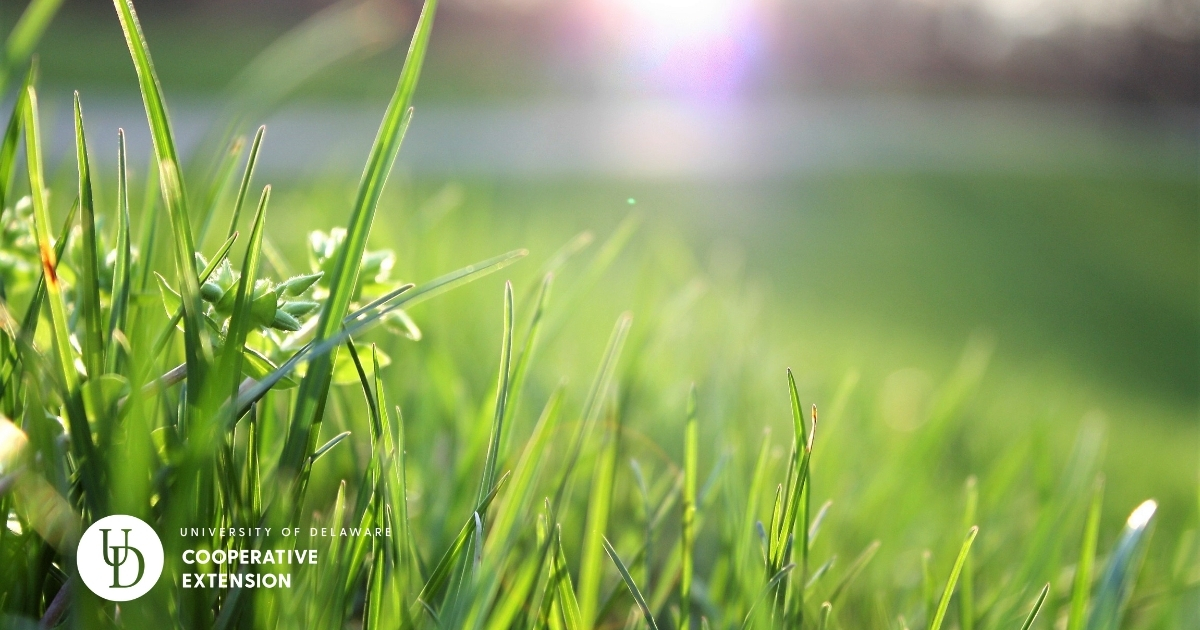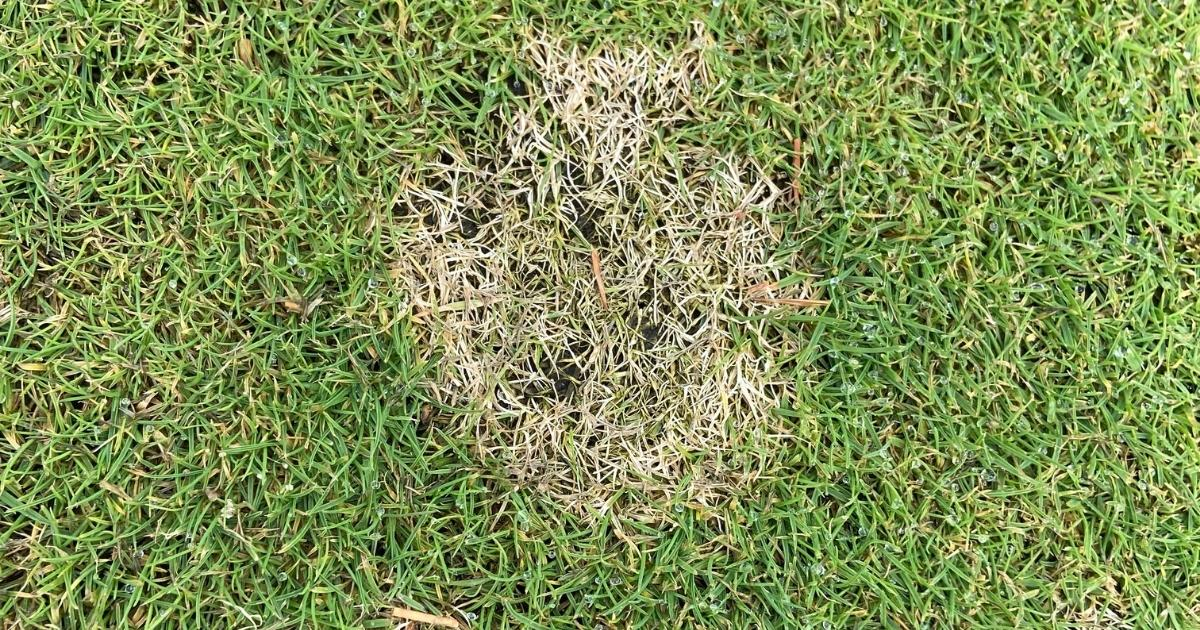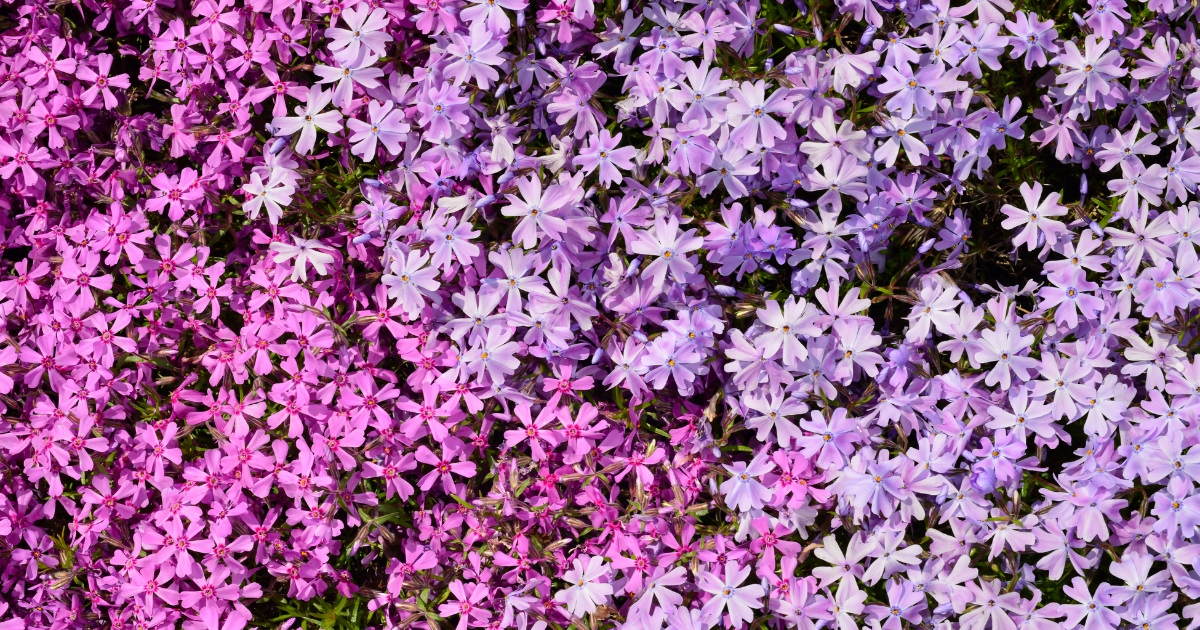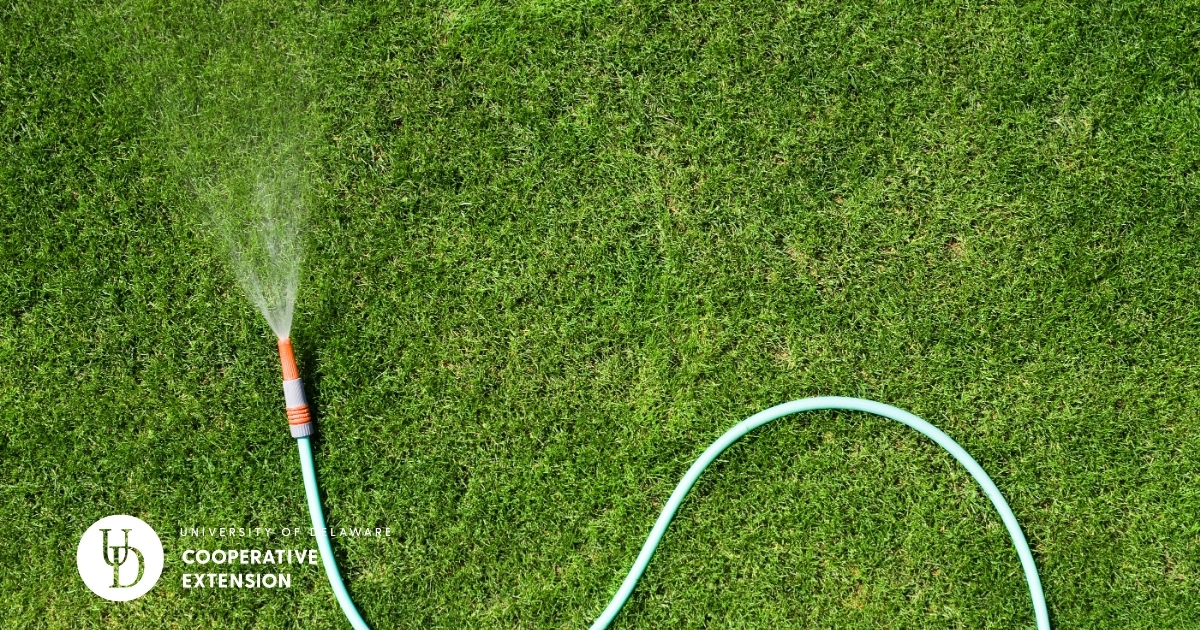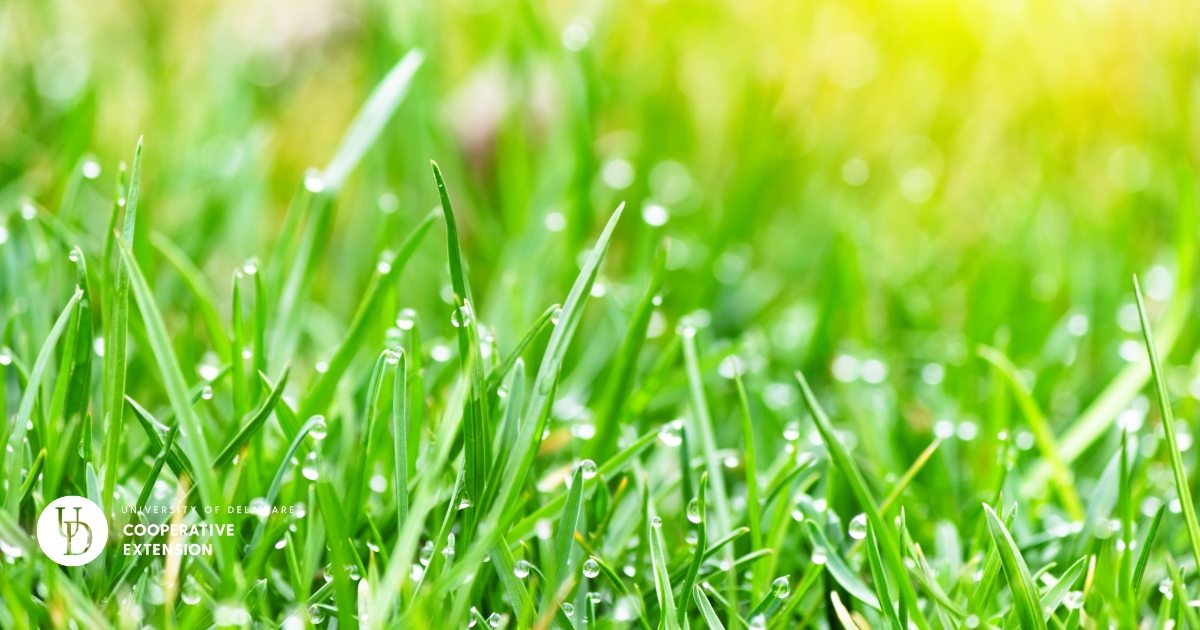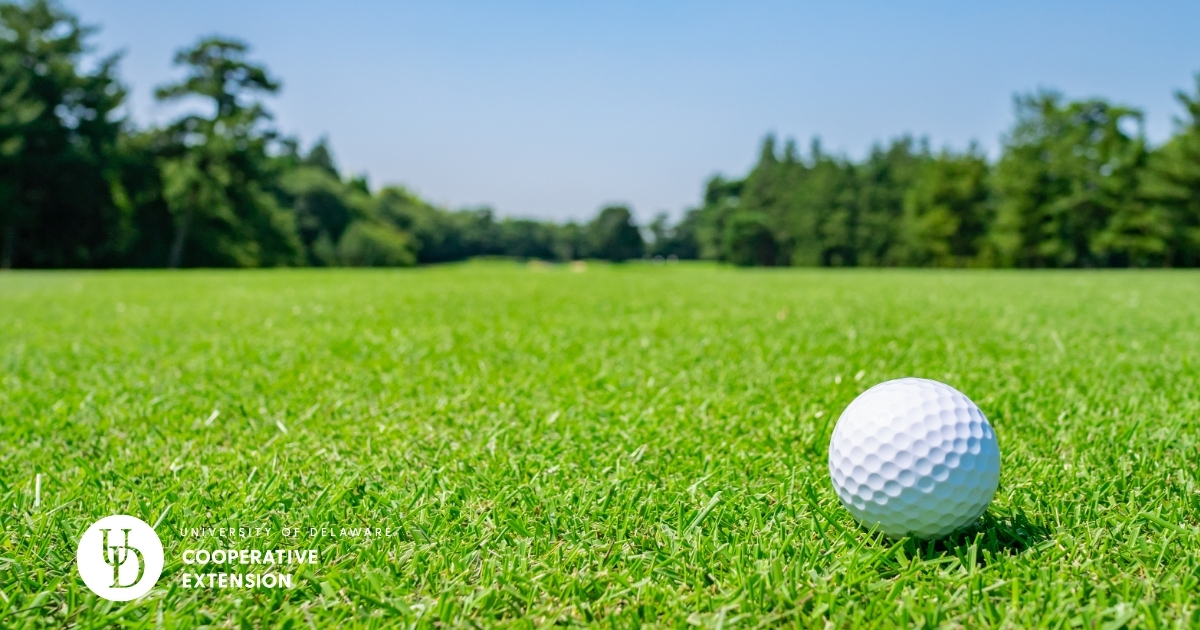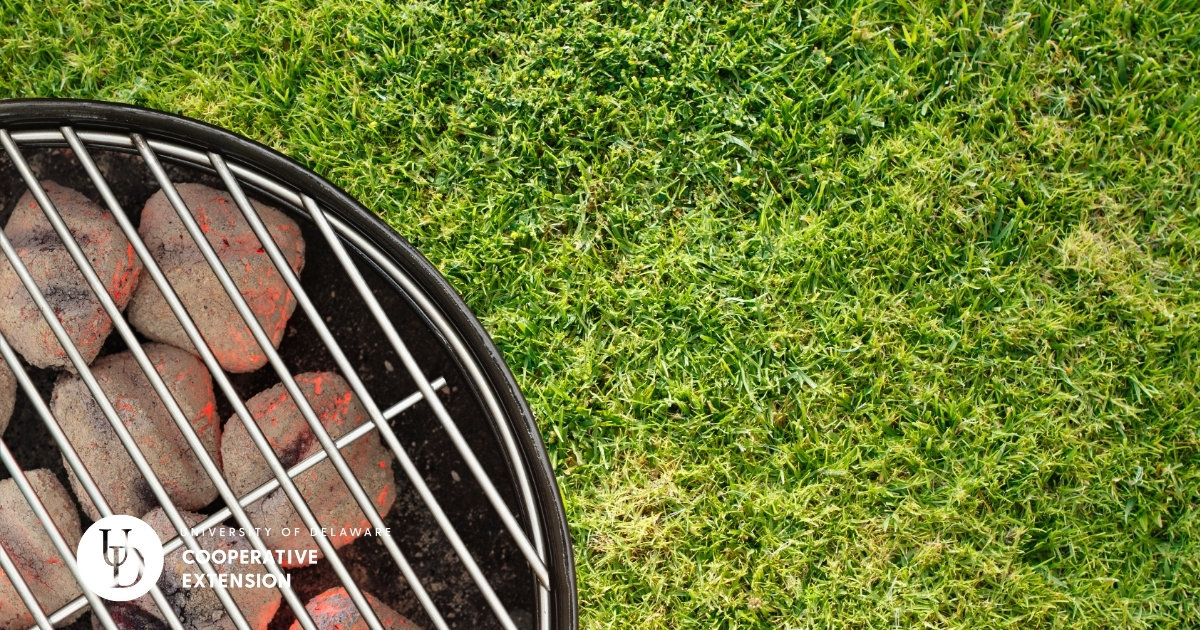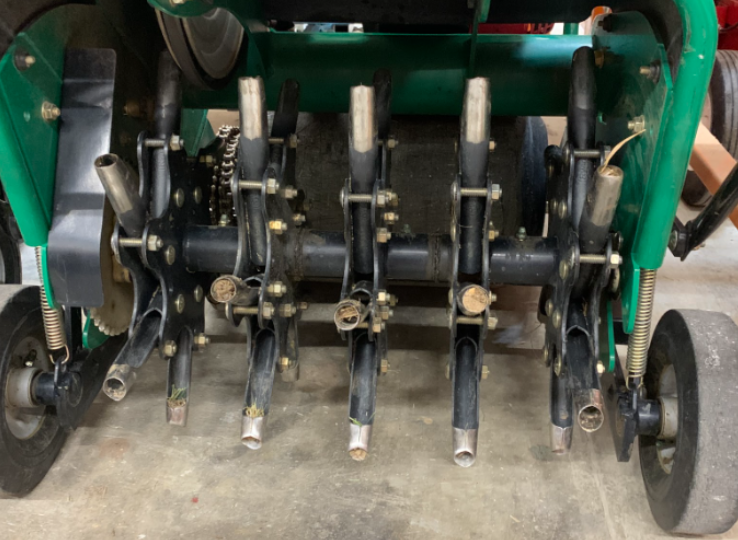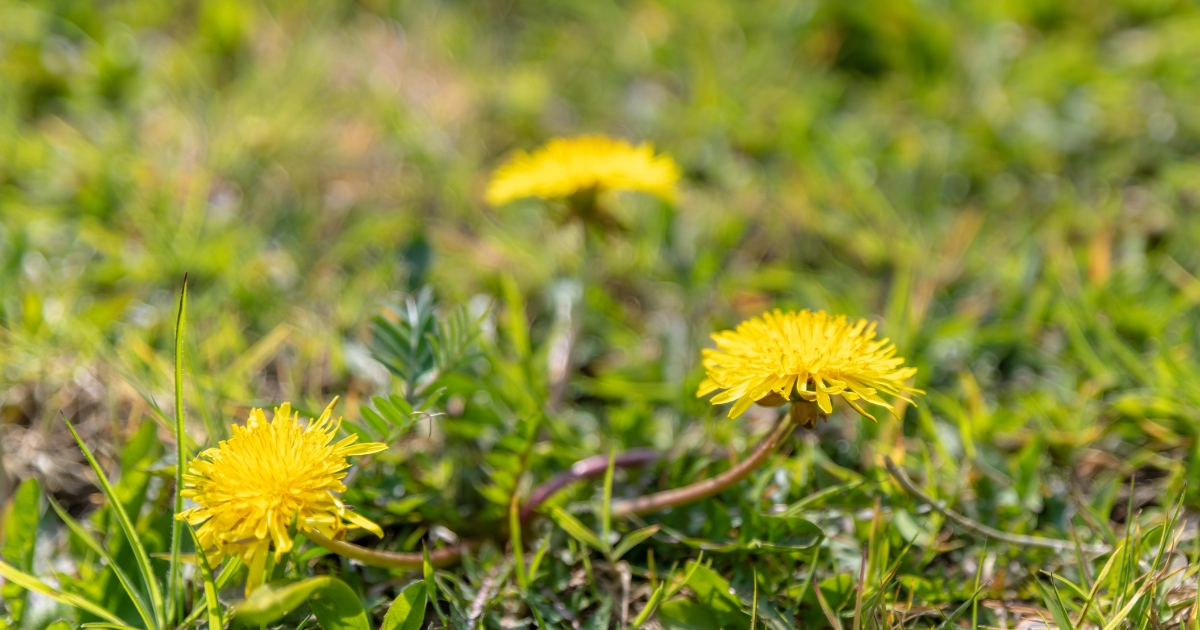
Turf Management
- Ask Extension
- Health & Well-being
-
Agricultural Programs
- Agribusiness
- Animal Science
- Beginning Farmer Program
- Commercial Crops
- Commericial Horticulture
- Delaware Soil Testing Program
- Disease Management
- Farm Vitality and Health Project
- Irrigation
- Nutrient Management
-
Insect Pest Management
- Insect Trapping Program
- IPM Hot Topics
- Commercial Field Crop Insect Management
- Commercial Field Crop Disease Management
- Commercial Fruit & Vegetable Crop Pest Management
- EIPM Implementation Projects
- Pollinators
- Research and Extension Demonstration Results
- Brown Marmorated Stink Bug (BMSB) Management, Research, and Resources
- Publications
- Pesticide Safety Education Program
- UD Plant Diagnostic Clinic
- Variety Trials
- Weed Science
- Certified Crop Advisor Program
- Poultry Biosecurity
- 4-H
-
Horticulture
- Climate Variability and Change
- Delaware Soil Testing Program
- Forestry
- Lawn and Garden
- Master Gardeners
- Master Naturalist Program
-
Nutrient Management
- Nutrient Management Certification
- Continuing Education for Nutrient Management
- Nutrient Management Planning Resources
- Commercial Nutrient Handler Resources
- Poultry Litter and Manure Management
- Turf Management
- Agriculture Notebook
- Horticulture Handbook
- Agriculture & Horticulture Handbooks
- Crop Production
- Soil Fertility
- Delaware Climate Change Coordination Initiative (DECCCI)
- Salt Impacted Agricultural Lands
Turf Management
Click below to watch the full playlist from YouTube on Turf Management.
Turfgrass Playlist: youtube.com/embed/videoseries?list=com.synechron.udel.models.functions.SubstrAfter
Spanish Version (Playlist)
Spanish Version: youtube.com/embed/videoseries?list=com.synechron.udel.models.functions.SubstrAfter
Related Fact Sheets
Filter by Category
All Results
Sorry, no results found.
-
DELAWARE LIVABLE LAWNS
The goal of the Delaware Livable Lawns initiative is simple - reduce fertilizer and pesticide runoff from lawns. Did you know that the EPA considers stormwater runoff from yards, streets, parking lots and other areas to be one of the most significant sources of contamination in our country’s waters?
-
DOLLAR SPOT OF TURFGRASS
Dollar spot is an economically important disease of both cool-season and warm-season turfgrass. Due to the persistent nature of this disease, more money is spent on managing dollar spot than any other turfgrass diseases. Dollar spot reduces the aesthetic and playing quality of turfgrass.
-
GROUNDCOVER ALTERNATIVES TO TURF GRASS
Plants that spread over time to cover the ground are referred to as groundcovers. Usually this term denotes low-growing plants, but groundcovers can also refer to taller, spreading shrubs or trees that grow together to create a dense cover of vegetation.
-
LAWN MANAGEMENT FOR WATER CONSERVATION
When designing a landscape, consider alternatives to turf. Use attractive, low-maintenance ground covers, tree and shrub plantings and water-permeable paving. A major benefit of turf is that it will take traffic. Take advantage of that and install turf where it will be used as a play area.
-
TURFGRASS
Color, drought tolerance, disease and insect resistance are just a few of the many factors to consider when selecting turfgrass. Decide which features are important to you, then speak with a turf specialist to select the best options for your unique situation.
-
TURFGRASS MADNESS: REASONS TO REDUCE THE LAWN IN YOUR LANDSCAPE
Frequent and often costly maintenance is needed to keep turf grass looking its best. During peak growing months, a single lawn may require mowing more than once a week. During periods of drought, irrigation may be required to keep a lawn from going dormant. Yearly fertilizer is usually recommended for encouraging lush growth.
-
TURFGRASS SELECTIONS FOR DELAWARE
Turfgrasses are divided into two categories based on their climate adaptation. Cool-season grasses grow best in the spring and fall, with optimum growth when the temperature is between 60 and 75 degrees Fahrenheit. Warm-season grasses grow best in the summer, with optimum growth at 80-90 degrees Fahrenheit.
-
Thatch Management for Turfgrass Systems
The most sustainable and primary approach to thatch control involves slowing its formation by reducing nitrogen (N) fertilizer inputs. Both individual application and yearly N totals need to be reduced. Consider cutting N application rates by 25% (or more), year over year, until a good balance is achieved between thatch production, decomposition, and turfgrass quality.
-
WEED CONTROL IN TURF
Your lawn may grow more than the beautiful grass you intended. It may also grow weeds, which prevent your lawn from looking its best. In addition to reducing the aesthetics of your lawn, weeds compete with the desired turfgrass for water, nutrients, and light. If you don’t control weeds, your lawn will deteriorate over time.
- 1
- 2
- 3
- 4
The University of Delaware is an Equal Opportunity Institution and Provider. Visit UD’s Office of Equity & Inclusion to learn more.
Additional Links
531 South College Avenue Newark, DE 19716 (302) 831-2501

